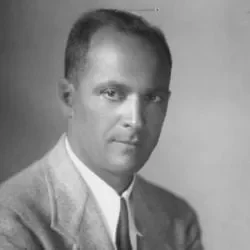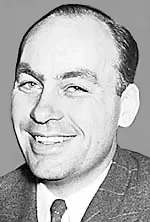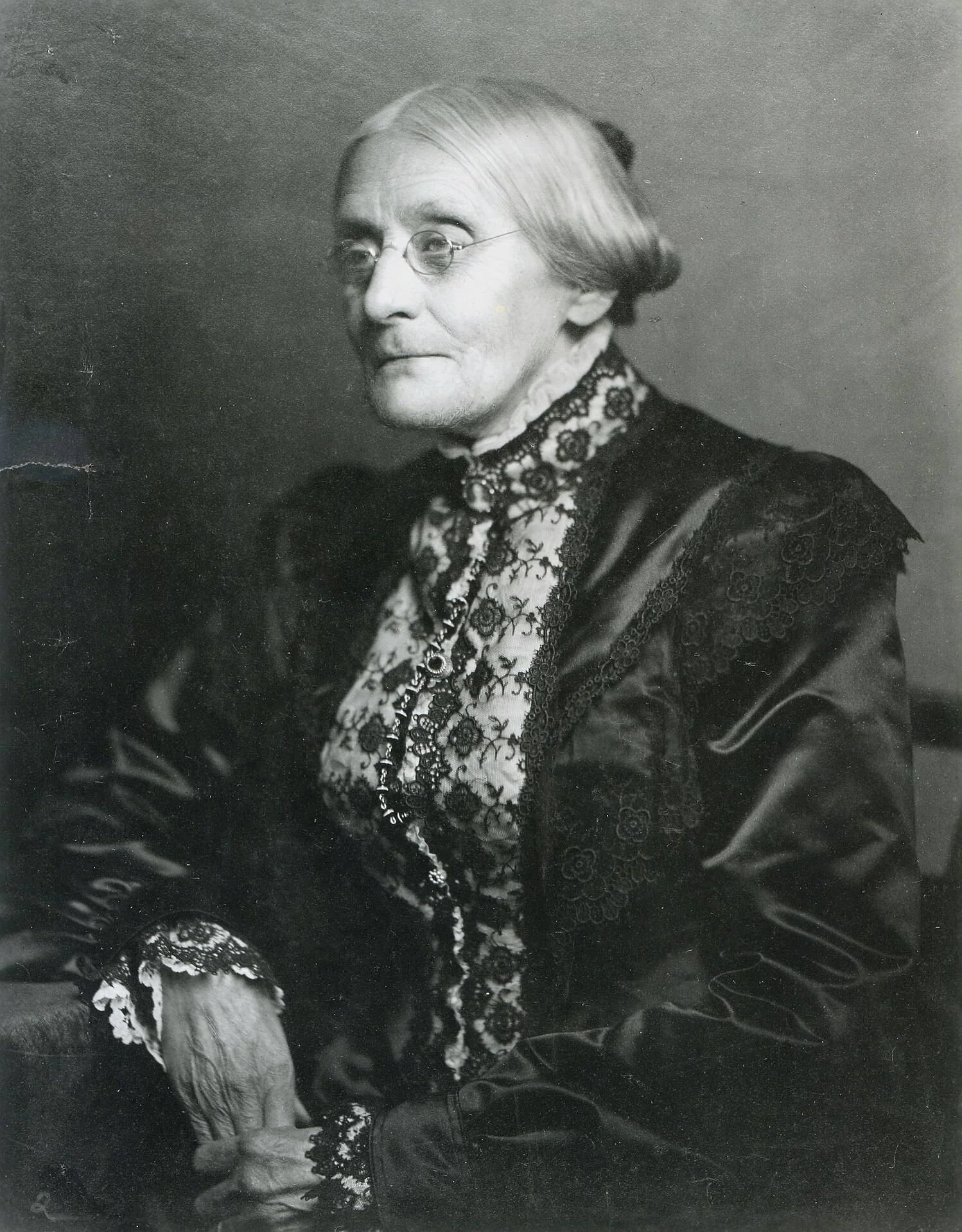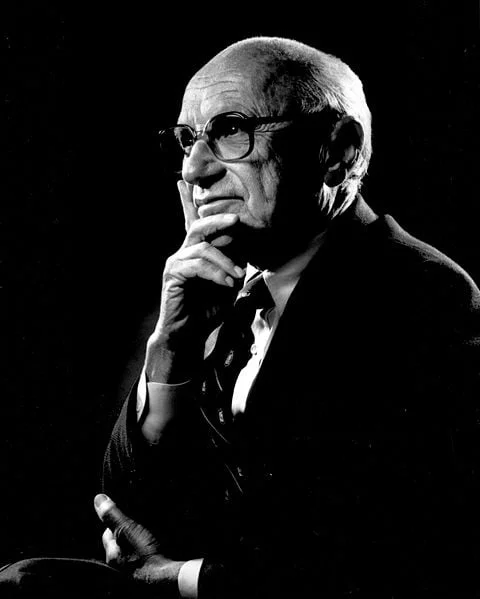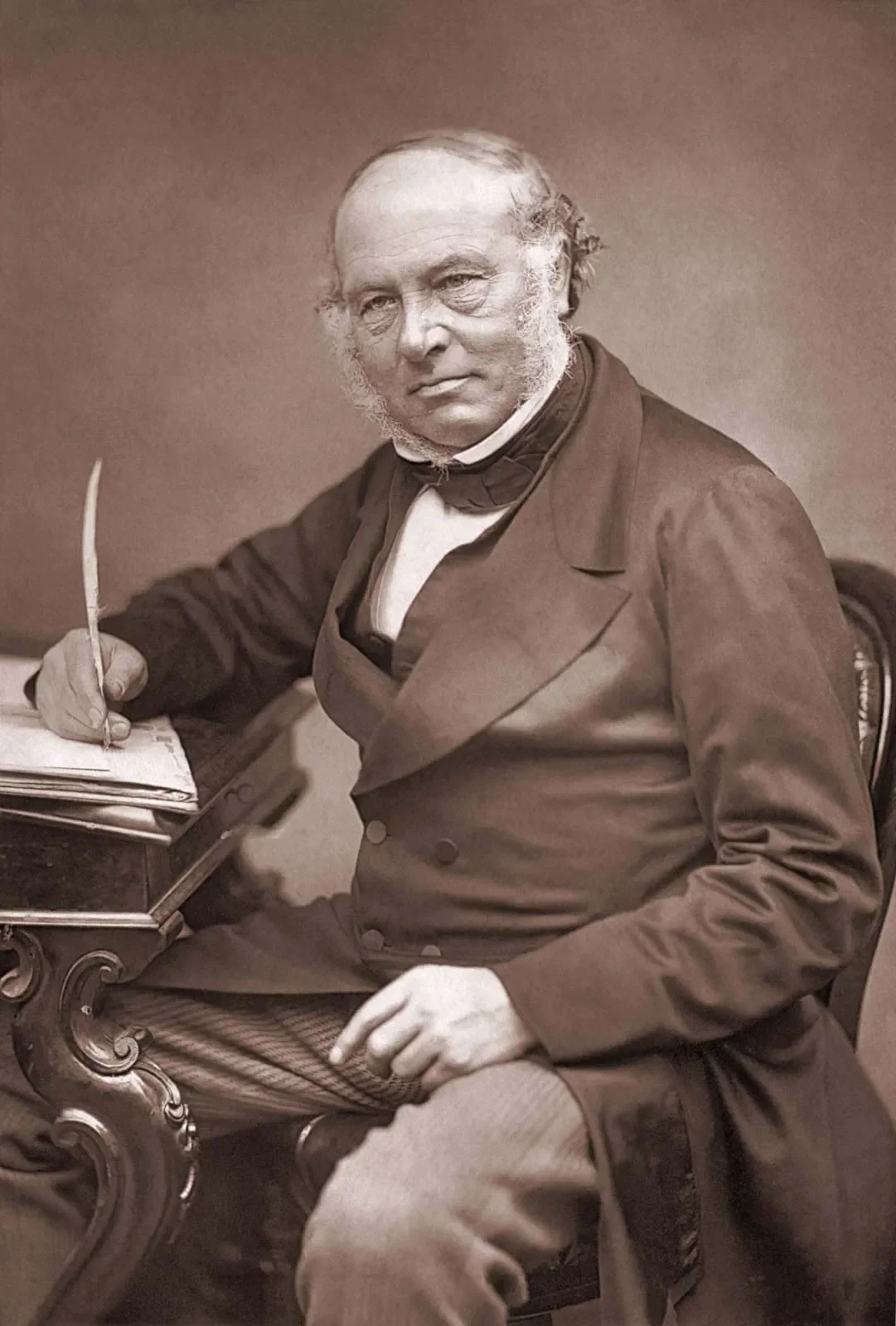Real Celebrities Never Die!
OR
Search For Past Celebrities Whose Birthday You Share
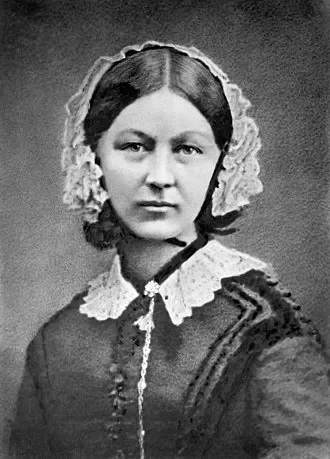
source:wikimedia.org
Florence Nightingale
Birthday:
12 May, 1820
Date of Death:
13 Aug, 1910
Cause of death:
Natural
Nationality:
English
Famous As:
Social reformer
Age at the time of death:
90
Florence Nightingale's Quote's
Early Life
In a time when women of privilege were expected to marry well and remain confined to the domestic sphere, Florence Nightingale defied expectations. Born on May 12, 1820, in the picturesque city of Florence, Italy, to a wealthy British family, she was raised in comfort and afforded an elite education. Yet, from an early age, Florence was different. While other young women of her class focused on social engagements, she felt an unshakable calling—a conviction that her purpose was to serve humanity through nursing.
Defying Tradition: The Road to Nursing
The Nightingales were a distinguished family, and Florence’s parents had grand ambitions for her—none of which included working in hospitals. In Victorian society, nursing was viewed as a lowly profession, certainly not befitting a well-bred woman. But Florence was undeterred. Behind closed doors, she studied medical texts and visited hospitals and workhouses, observing the grim conditions firsthand. She saw suffering where others turned a blind eye and resolved to bring change.
Against her family’s wishes, she trained as a nurse in Germany, refining her skills and deepening her understanding of patient care. It was a decision that would not only alter her life but also revolutionize healthcare forever.
Career
The moment that would define Florence’s legacy arrived in 1853 when Britain found itself embroiled in the Crimean War. Reports of wounded soldiers languishing in filth and disease-ridden hospitals horrified the public. Determined to help, Nightingale answered the call. In 1854, she led a team of 38 nurses to the British military hospital in Scutari, Turkey.
What she encountered was worse than she had imagined—overcrowded wards, poor sanitation, a lack of medical supplies, and a mortality rate as high as 42%. Florence took immediate action. She implemented rigorous hygiene protocols, improved ventilation, ensured clean water access, and reorganized hospital logistics. Her work was relentless, but it bore fruit. In just months, the death rate dropped to a staggering 2%.
It was during these grueling nights, as she walked the corridors with a small lamp in hand, that she became known as the “Lady with the Lamp.” Her presence alone provided comfort to the soldiers, who whispered their gratitude as she passed by.
Pioneering Modern Nursing
Florence returned to England a national hero. But her mission was far from over. Fueled by her wartime experiences, she set about reforming healthcare on a broader scale. In 1860, she founded the Nightingale Training School for Nurses at St. Thomas’ Hospital in London—the first professional nursing school in history. Her principles of hygiene, patient care, and hospital organization became the foundation of modern nursing, influencing practices worldwide.
Beyond nursing, Nightingale was a statistician ahead of her time. She pioneered data-driven healthcare, using meticulous records and graphical data to advocate for hospital reform and sanitation improvements. Her work laid the groundwork for evidence-based medical practices still in use today.
< h2> The Later and Personal Years: A Life of Influence
Despite her monumental achievements, Florence’s later years were fraught with health struggles. Illness forced her to spend much of her time bedridden, but even then, she remained dedicated to her cause. She continued to write, advocate, and advise on public health reforms, leaving behind a wealth of knowledge that would guide generations of medical professionals.
Her efforts did not go unrecognized. She became the first woman awarded the Order of Merit in 1907, a testament to her indelible impact on society. Yet, personal accolades never interested her—her true reward was the transformation she had ignited in healthcare.
A Lasting Legacy
On August 13, 1910, at the age of 90, Florence Nightingale passed away peacefully in London. But her legacy endures. She not only redefined nursing as a respected profession but also set in motion reforms that have saved countless lives. Today, the Nightingale Pledge, recited by nurses worldwide, serves as a tribute to her unwavering dedication.
Florence Nightingale was not just the Lady with the Lamp—she was a visionary, a reformer, and above all, a relentless advocate for the sick and wounded. Her story is a testament to the power of one individual’s determination to change the world.
Name:
Florence Nightingale
Popular Name:
Florence Nightingale
Gender:
Female
Cause of Death:
Natural
Spouse:
Place of Birth:
Florence, Grand Duchy of Tuscany
Place of Death:
Mayfair, London, England
Occupation / Profession:
Personality Type
Before Nightingale’s reforms, hospitals were unsanitary and dangerous. She introduced handwashing, proper ventilation, and better sanitation, drastically reducing the death rate in military hospitals from 42% to 2%.
Despite being from a wealthy family, she rejected a marriage proposal from a suitor named Richard Monckton Milnes. She believed marriage would interfere with her calling to help the sick and improve healthcare.
During the Crimean War (1853–1856), Nightingale would walk through the hospital wards at night with a lamp, checking on wounded soldiers. This earned her the famous nickname "The Lady with the Lamp."
In 1883, Queen Victoria awarded Florence Nightingale the Royal Red Cross, a prestigious military honor, for her services to the British Army. Her impact on nursing and healthcare continues to be celebrated today.
Nightingale was one of the first people to use data visualization (pie charts and infographics) to present statistical evidence on hospital conditions and public health. Her work influenced healthcare policies in Britain and beyond.
Florence Nightingale was awarded the Royal Red Cross in 1883.
She was awarded the Lady of Grace of the Order of St. John in 1904.
She was awarded the Order of Merit in 1907.

